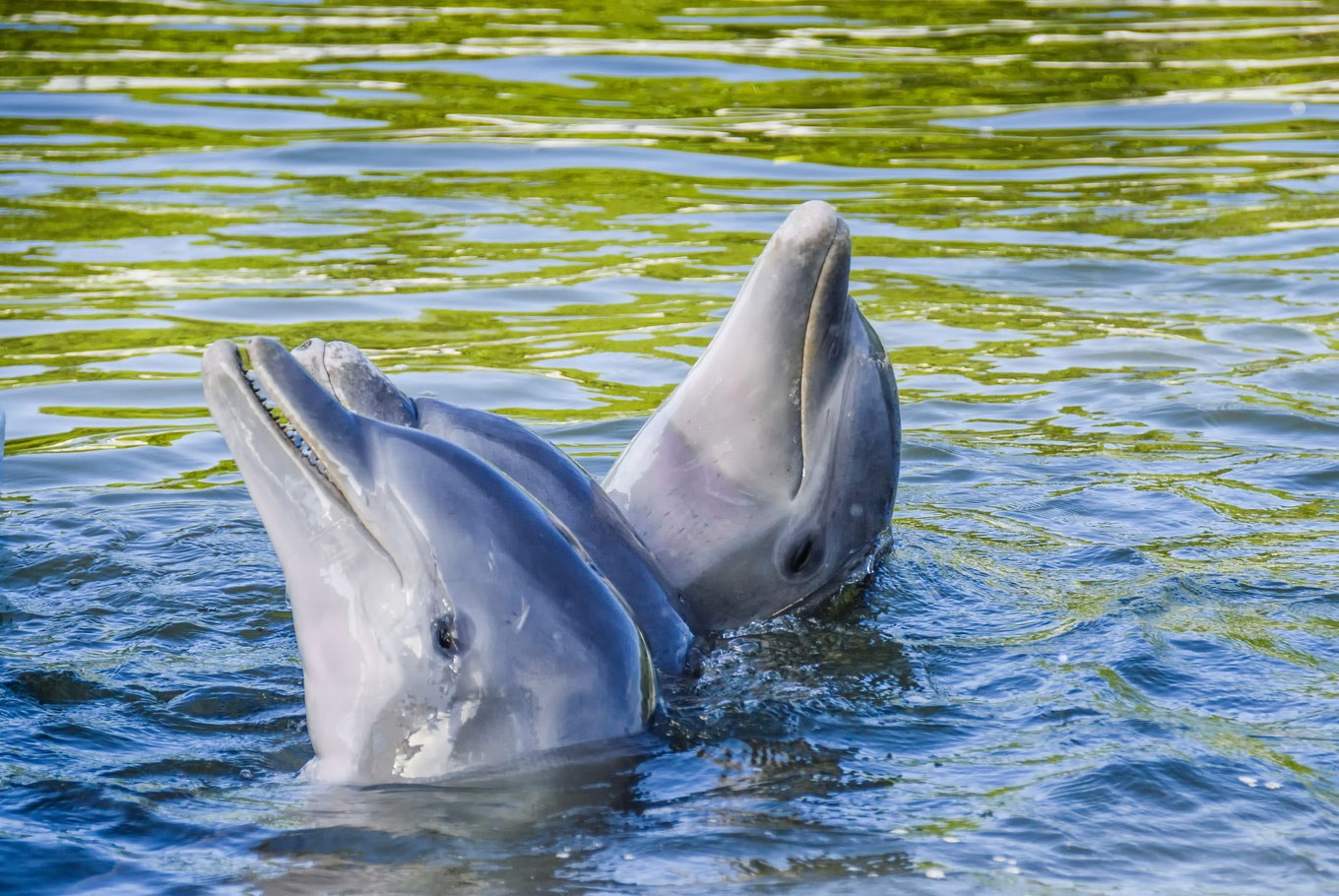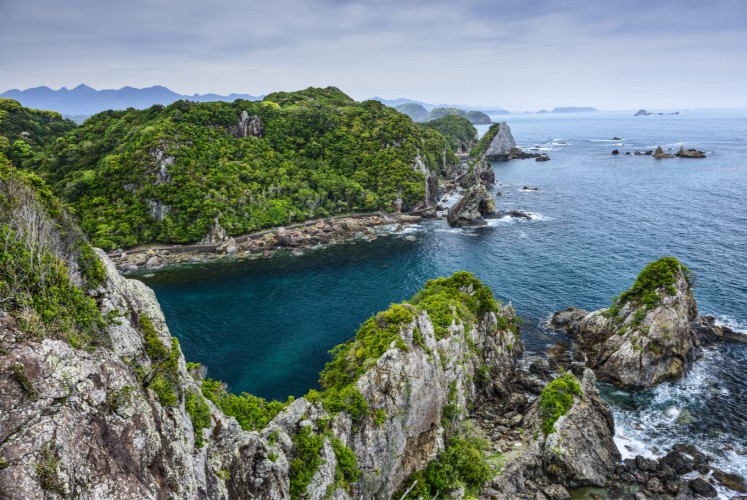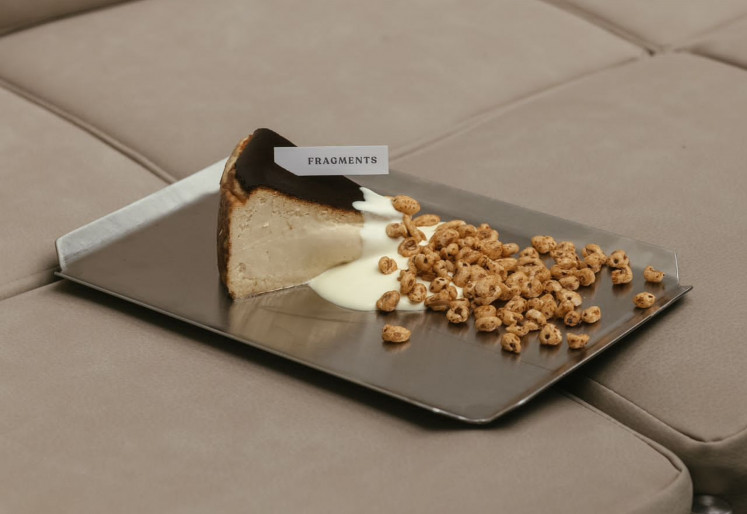Popular Reads
Top Results
Can't find what you're looking for?
View all search resultsPopular Reads
Top Results
Can't find what you're looking for?
View all search resultsRethinking tradition: From dolphin killings to zoo performances
People hide behind tradition for a lot of different reasons.
Change text size
Gift Premium Articles
to Anyone
W
hen people think of dolphins, they think of intelligent, lively mammals. Maybe they’ll remember the documentaries on Nat Geo Wild about how dolphins assign themselves names and about human-dolphin interaction.
But what about the dark side that the species has gone through?
The Taiji Cove dolphin hunt happens annually in Japan. Generally taking place between September and March, at least 2,000 dolphins and porpoises are hunted and slaughtered annually. An extra month is added for the hunting of pilot whales. Taiji dolphin hunters also capture dolphin calves to sell to nearby aquariums and zoos while the rest are killed and sold to supermarkets. Dolphins are generally worth more money dead than alive, and offer more income for hunts. Dolphin and whale meat costs a lot of money and is said to be part of a very fundamental culture of Japan.
The Taiji dolphin killings first came to light in 2009, after a film called The Cove was released. The Cove has won 25 awards, and since its release, Japan has been pressured to end the Taiji Cove killings.
However, much to the frustration of the community, the Japanese government has sided with fishermen, claiming that the killings are part of tradition and culture, even though the killings started only in 1969. In response to the film, the fishermen put up more barriers, preventing outsiders from seeing dolphins being killed.
Unfortunately, the problem can’t be solved just by putting up barriers. During the 2016-2017 hunting season, many social media sites, especially Twitter, were flooded with activists who went to Taiji Cove to livestream and tweet the killings. Almost every person in the animal world was aware of the Taiji Cove dolphin killings. A lot of signatures were collected on online petitions, and a lot of people boycotted aquariums that bought dolphins. Sea World, which in early 2017 came under pressure because of the death of an orca that was highlighted in the 2013 documentary Blackfish, must deal with even more hate from activists.
Read also: Thailand leads the pack for Asia's abused tourist elephants
The plight of sea creatures isn't highlighted only in documentaries. It can be observed in animated films, like Finding Nemo, Finding Dory and Moana.
The critically appraised Moana has been applauded for its representation of a minority. The movie centers on a young girl named Moana who wants to break away from village traditions. Despite the taboo of leaving the small island, Moana chooses to pursue her destiny and sets sail on the sea.
The difference between the tradition of Moana’s people and the Japanese Taiji dolphin hunters is quite simple. People hide behind the word "tradition" for a lot of different reasons. The first reason behind that is because people are afraid of change. This is apparent in the Moana film. The plot of Moana revolves around how tradition can be comfortable and how major changes can be considered scary. When people settle into a routine, they tend to want to stay in their comfortable routine instead of trying and doing something new. Moana learned a lot of new things on her journey, yet she still missed her old home.
However, the word tradition for the hunters at Taiji Cove isn’t just about being afraid of change. The tradition there includes greed and closed-mindedness. Most traditions and cultures make sense, like myths and legends as they teach people lessons, which make people too comfortable to move on. But if tradition is corrupted with greed, then it cannot be said to be a part of tradition.
Read also: Fantastic animals of Indonesia and where to find them
It is time for us to take a step back and rethink tradition, as tradition might be too ingrained in us to be examined objectively -- from a big thing like the annual dolphin hunt to something as mundane as going to aquariums or zoos.
Captive animals have likely gone through a lot of psychological trauma at watching their family killed in front of their eyes and being forcefully separated from their family. Such animals would die quickly and face a lot of health issues. Yes, it is possible for emotions to affect an animal, both positively and negatively. It has been proven again and again how sensitive animals can be. Losing everything so suddenly can result in everything else left in life to become pointless.
Moana shows us that even nature can turn into a monster. Nature can be a beautiful world that everyone can enjoy, or a burning world destroyed through human intervention. It’s time to get up and move on to begin a new life, one where people and nature can live in harmony. (dev/kes)
***
Elysa Ng is a 15-year-old middle high student. She is a passionate supporter of nature conservation and protection. She loves wild animals, reading, writing and white chocolate. She has been writing since she was 10.
---------------
Interested in writing for thejakartapost.com? We are looking for information and opinions from experts in a variety of fields or others with appropriate writing skills. The content must be original on the following topics: lifestyle ( beauty, fashion, food ), entertainment, science and technology, health, parenting, social media, travel and sports. Send your piece to community@jakpost.com. For more information click here.












